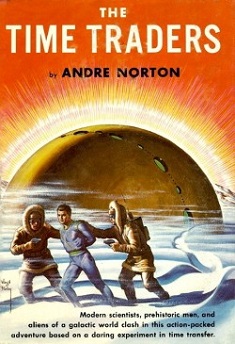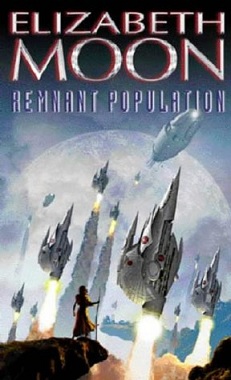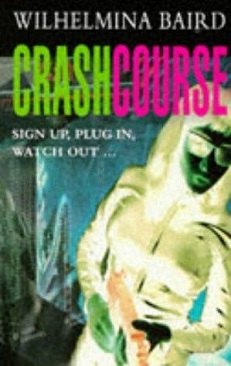Adam Roberts doesn’t like the modern science fiction writer’s habit of self promotion. John Scalzi gets a bit defensive about it and explains why a little bit of self promotion is cool, but it shouldn’t be too much. Enter Amal El-Mohtar, who gets annoyed by both of them and explains why these attitudes about self promotion hinder writers coming from marginalised groups:
No hand-wringing or tut-tutting about reading widely or behaving with dignity or integrity or what have you is going to end the practice of brash, confident people telling other people, often and obnoxiously, to vote for them. But, crucially, the hand-wringing and tut-tutting does have an effect: it discourages the people who already feel silenced and uncomfortable from ever talking about or taking pride in their achievements.
You cannot with one breath say that you wish more women were recognized for their work, and then say in the next that you think less of people who make others aware of their work. You cannot trust that somehow, magically, the systems that suppress the voices of women, people of colour, disabled people, queer people, trans people, will of their own accord stop doing that when award season rolls around in order to suddenly make you aware of their work. You MUST recognize the fact that the only way to counter silence is to encourage speech and make room for it to be heard.
To be honest the self promotion of writers like John Scalzi has always annoyed me, all that relentless hyping and huckstering doesn’t fit the fandom I grew up with. Yet Amal El-Mohtar has a point here. Not everybody’s voice is equal in fandom and some people need to shout twice as loud to get their voice heard. And if nobody else does it, you have to do it yourself. Mohtar’s post is where it clicked for me how complaining about self promotion and crass commercialism can be privilege talking, especially in the context of the Hugo Awards.
The truth is that science fiction fandom, certainly that part of it that is defined by e.g. the Hugo Awards, still isn’t as welcoming and diverse as it should be, while the world of science fiction as a whole is much much larger than encompassed by the Worldcon/Hugo Award tradition. I’ve long held that the Hugos have lost much of their relevancy because they’re stuck with a voting audience no longer representative of science fiction as a whole. If left alone, these will keep voting for the same sort of writers they always vote for. Efforts to promote new and underrepresented writers therefore should be lauded, not scoffed at.


